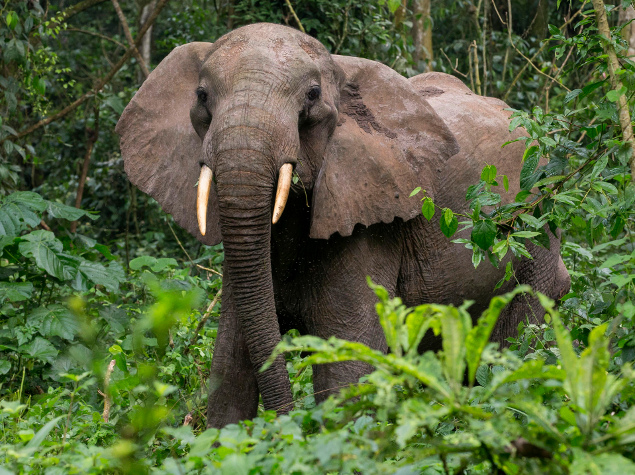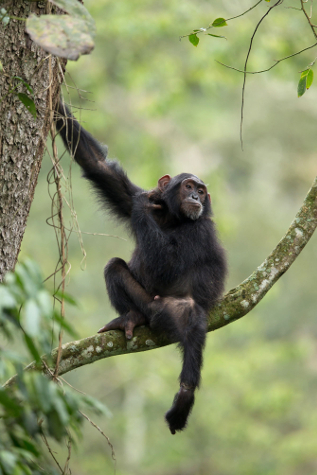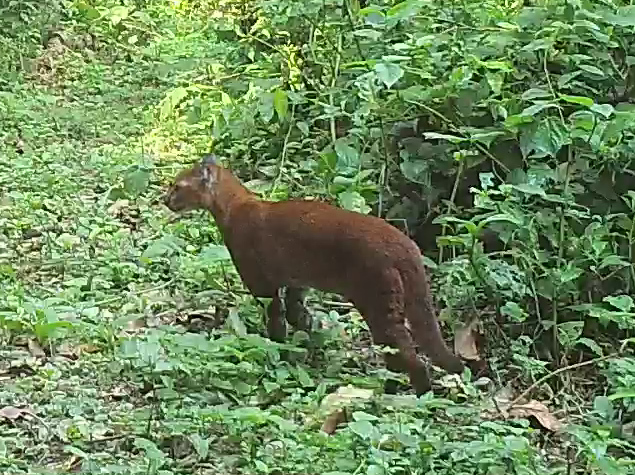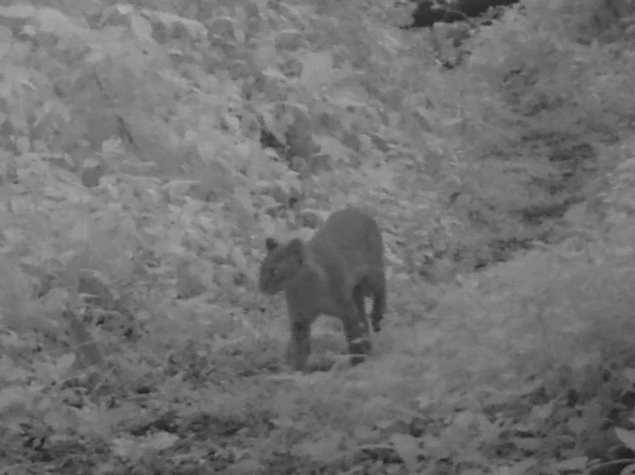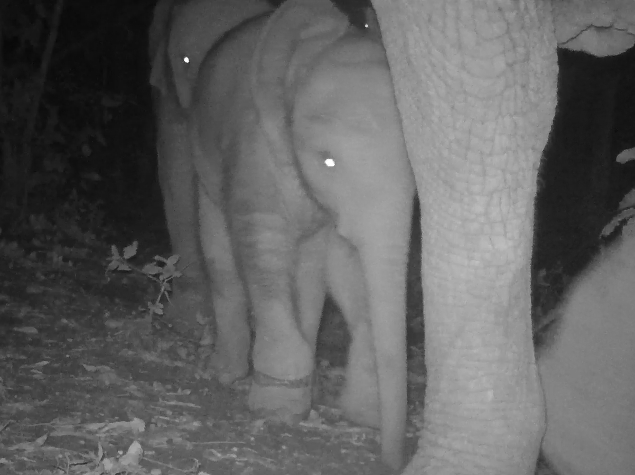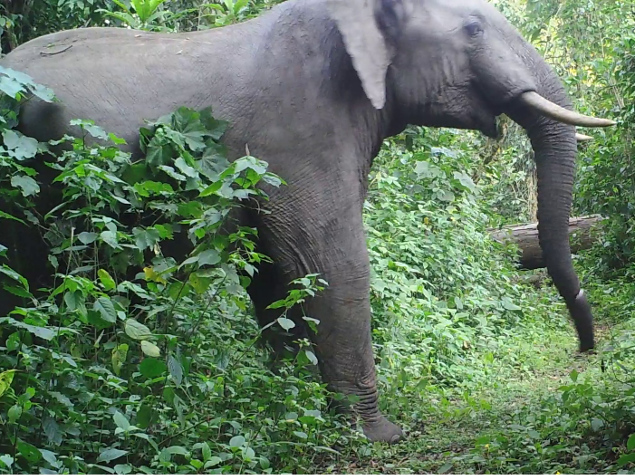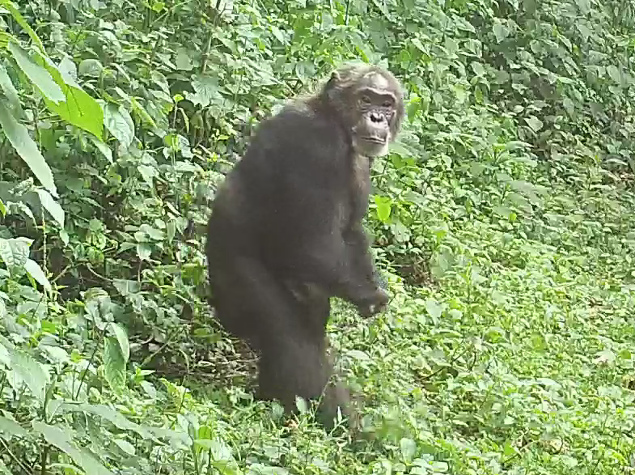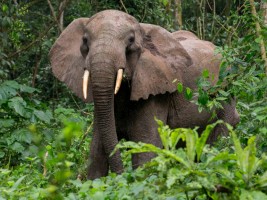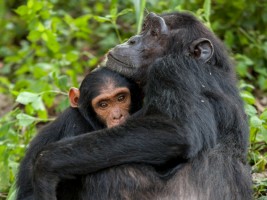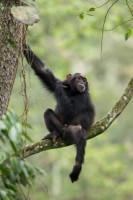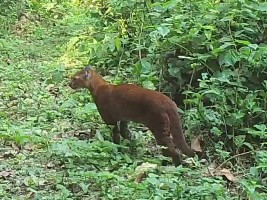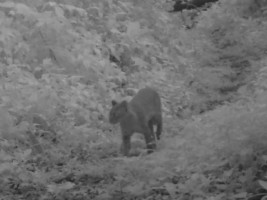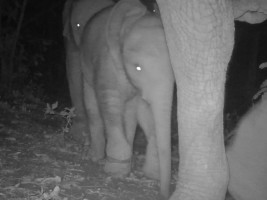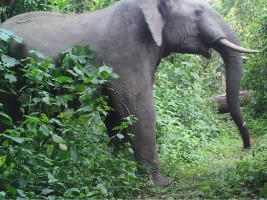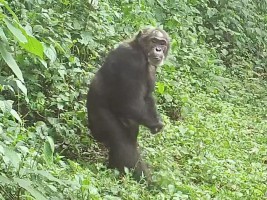Conducting a census of the chimpanzees, elephants and golden cats caught in traps in Sebitoli, Uganda, with the aim of ensuring better protection
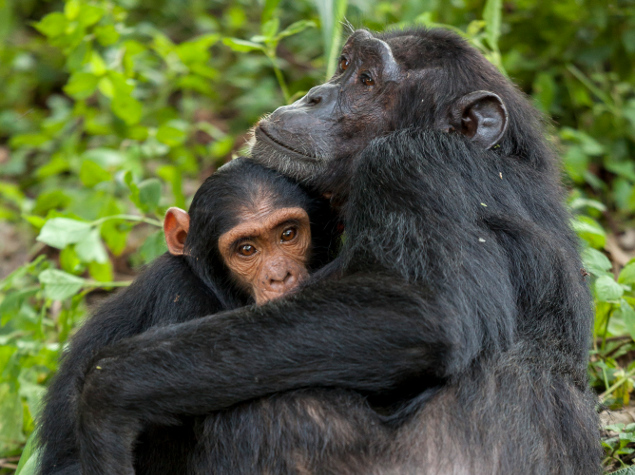
This project aims to assess and reduce the poaching that threatens endangered species in the Sebitoli Forest area, Kibale National Park (Uganda). Three species in particular are targeted:
- Eastern chimpanzee (Pan troglodytes schweinfurthii): in the survey area, at least 30% of 100 chimpanzees studied were suffering from trap-related injuries (amputation of the hand, foot, phalanges, etc.).
- African bush elephant (Loxodonta africana): to protect their crops from being destroyed by elephants, farmers set traps, resulting in mutilations to the animals’ limbs and trunk;
- African golden cat (Caracal aurata): research is made difficult by the cat’s nocturnal habits, and little data is available for censuses.
Hunting in the area is forbidden, and poachers use traps mainly to catch antelopes and wild pigs. None of the three species is therefore the poachers’ target: their meat is not eaten but given to hunting dogs. The villagers and their children are unaware of the injuries caused by the snares.
Final report summary (November 2018):
Over the funded period, the Project implemented various activities:
- 15 camera traps were placed, enabling the recording of 25,000 videoclips.
- 3 assistants have been trained to maintain these camera and to the primary study of the recordings.
- The behavior of 37 species have been analyzed and new chimpanzee individuals have been studied.
- 40% of the observed chimpanzees suffered from abnormalities or injuries as well as two African golden cats. Elephants showing partly or totally sectioned trunks were also seen.
- These activities will continue in the framework of a larger project aiming to enhance governance, conflicts reduction and organic farming conversion around the park.
To find out more about this project:
This project is partly funded thanks to the sponsorship of a generous donor. If you also wish to support initiatives towards threatened animal species conservation, click here.

